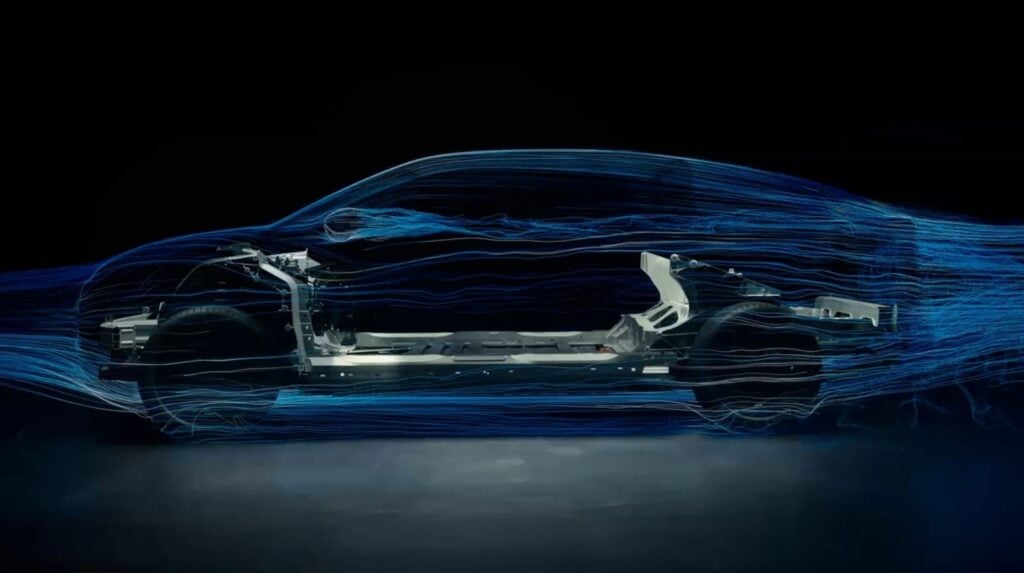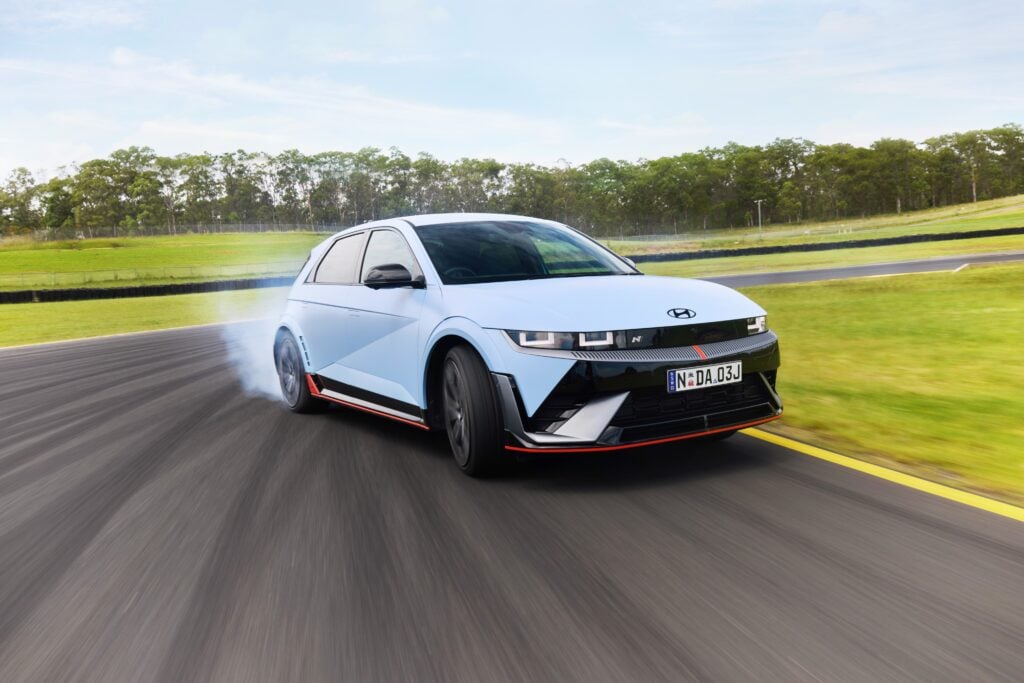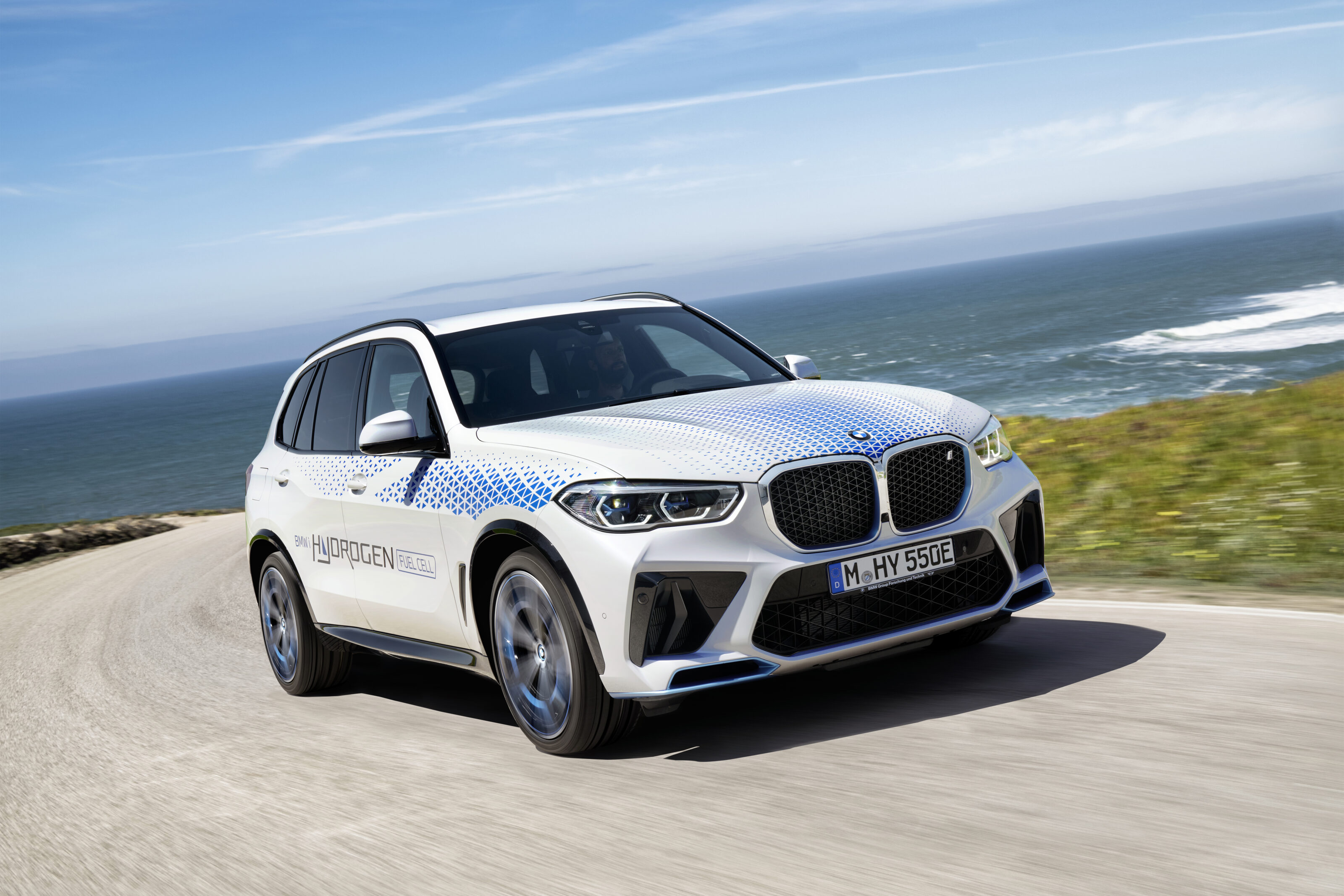
BMW’s first production hydrogen fuel-cell electric vehicle (FCEV) will likely launch by 2030, riding on the forthcoming Neue Klasse dedicated EV platform.
Snapshot
- BMW to launch series-production hydrogen FCEV by 2030
- Predicts price parity with BEVs is u201cabsolutely possibleu201d next decade Will be based on landmark
- Neue Klasse dedicated EV platform
BMW Group’s manager of hydrogen technology, Jürgen Guldner, told Autocar the emergence of FCEVs is only “a matter of time”.
“[BMW is] waiting for the tipping point of the [refuelling] infrastructure,” Guldner said.
“The scaling for battery-electric cars will reach some limits and the limits will be different in different countries. It could be raw materials. It could be infrastructure.”
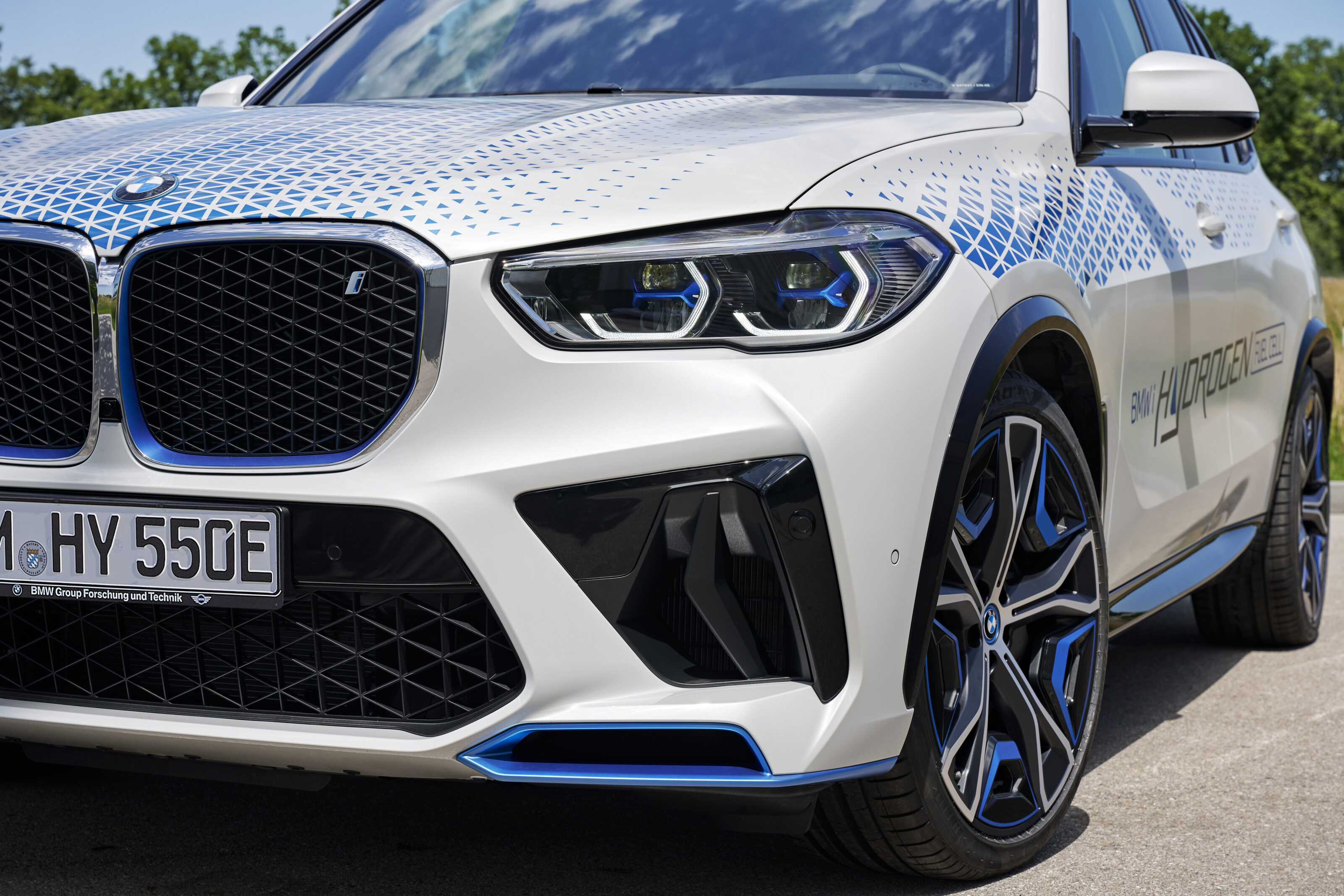
Guldner admits the emerging technology is still prohibitively expensive, but the convenience and long driving range capabilities of FCEVs will be its key selling point – even though he predicts a “significant minority” of cars in Europe would be an FCEV.
Hydrogen tech has been mooted as the replacement for diesel-powered vehicles.
The executive expects manufacturing costs to decline with higher volumes and internal studies at BMW suggest cost parity with battery-electric vehicles (BEVs) is “absolutely possible” in the next decade, as it also isn’t as susceptible to rising market costs for raw materials, including lithium and cobalt, as FCEVs only need a small traditional hybrid-sized battery pack.
[Guldner] predicts a “significant minority” of cars in Europe would be an FCEV.
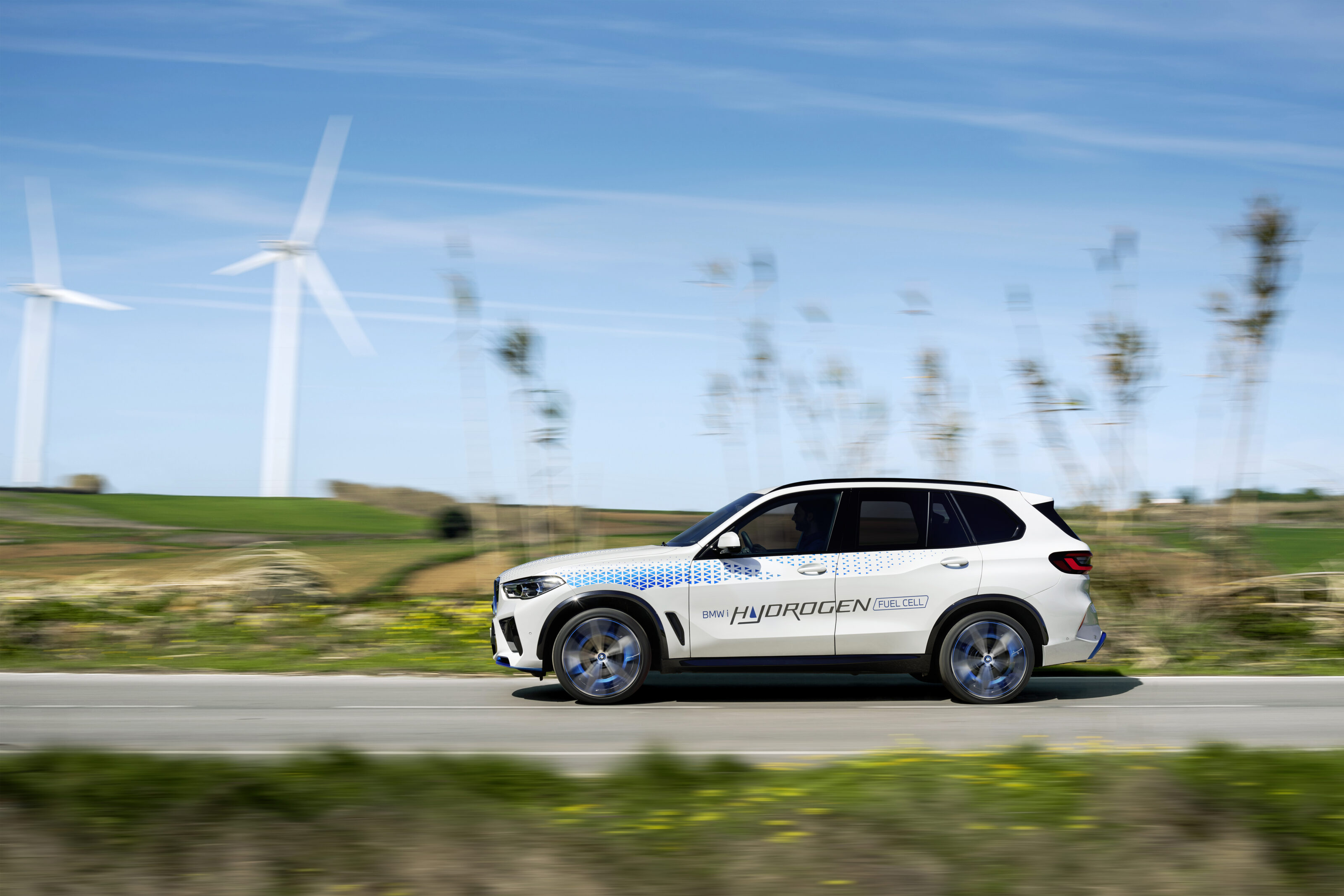
The Bavarian automaker is currently testing out the powertrain with its recently introduced iX5 Hydrogen fleet – featuring two 700-bar high pressure tanks able to hold six kilograms of hydrogen, a fuel cell, and fifth-gen electric motor borrowed from its current BEV models, such as the i4 liftback, iX SUV, and i7 limousine.
BMW claims refuelling the hydrogen SUV takes three to four minutes and delivers a claimed WLTP driving range of up to 504 kilometres.
“We’re going to develop tanks that look different to [the T-shaped tanks inside the iX5] and that will fit in the design space of the battery of a battery-electric car,” Guldner told Autocar.
While it’s unclear whether the series-production hydrogen-powered BMW model will be a medium SUV as per the iX5, it will ride on the company’s much-anticipated Neue Klasse EV platform due in 2025.
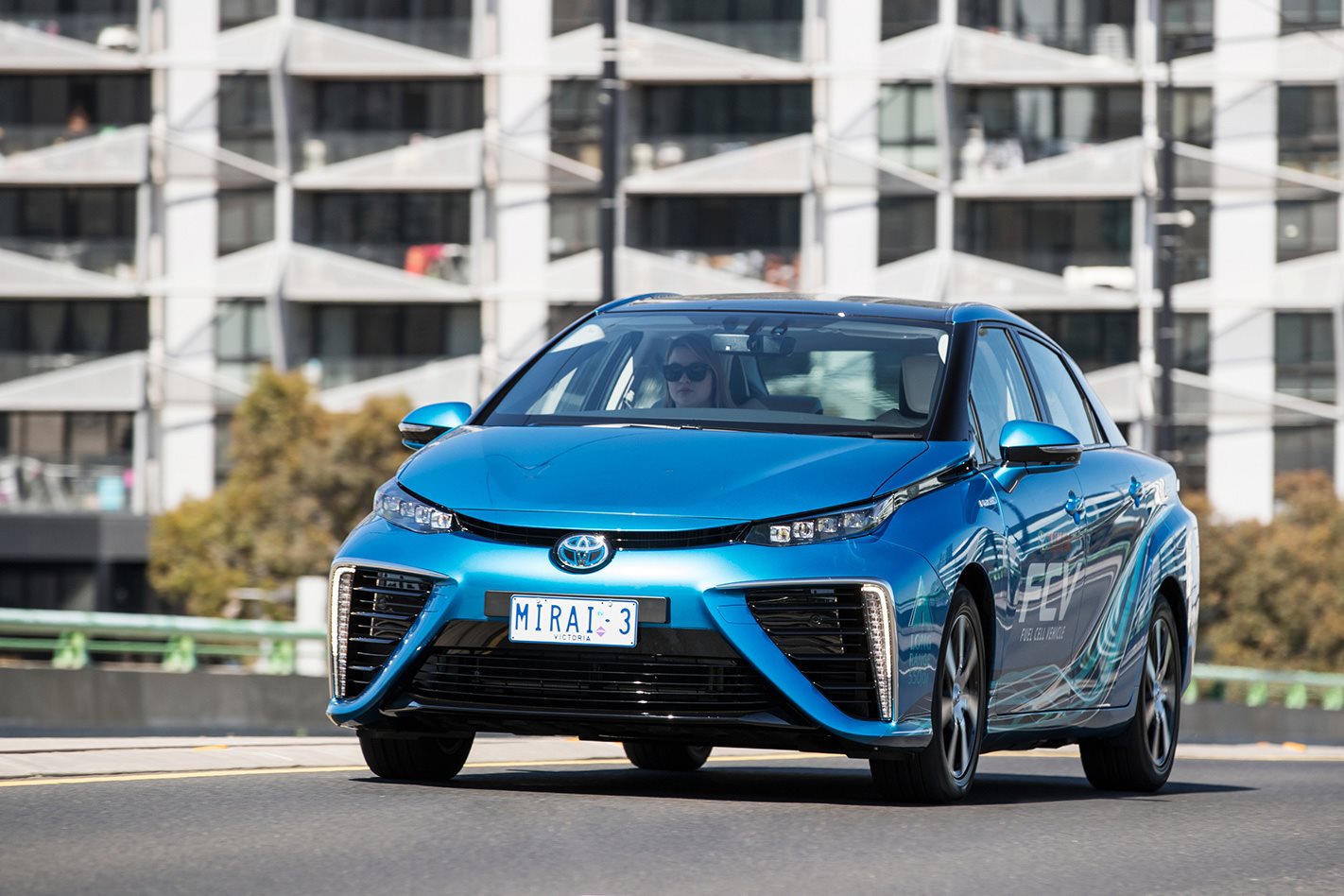
There are currently two publicly-available hydrogen refuelling stations in Australia, with the Toyota Mirai sedan and Hyundai Nexo SUV available to lease by approved organisations only. Of course, to make the most of the cars, those organisations will also need to be based near the refuelling stations.
Toyota even unveiled a Corolla Cross H2 Concept last year – a hydrogen-combustion vehicle that uses the engine from a GR Corolla hot hatch to burn hydrogen to power the electric motors and charge the battery, instead of using a fuel cell.
The European Commission is set to ban the sale of new internal combustion engine vehicles in the 26-country EU from 2035 – but Germany has delayed the vote as it seeks to have explicit concessions to support hydrogen fuel-cell and synthetic eFuel engines.



